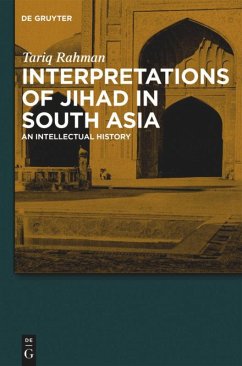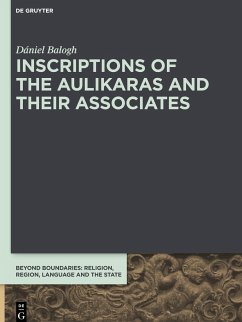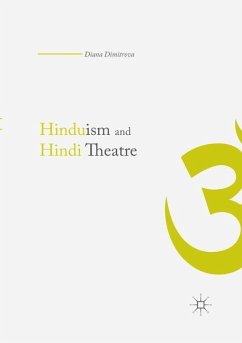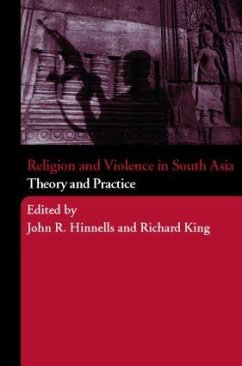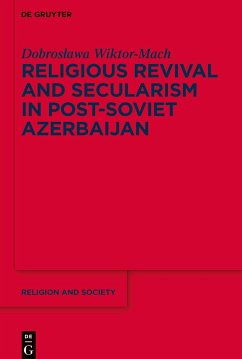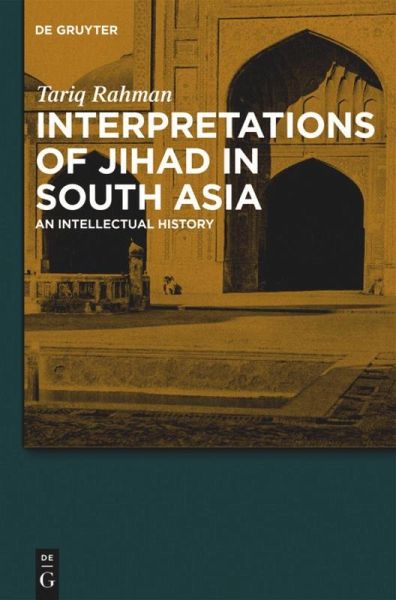
Interpretations of Jihad in South Asia
An Intellectual History
Versandkostenfrei!
Versandfertig in 1-2 Wochen
75,99 €
inkl. MwSt.
Weitere Ausgaben:

PAYBACK Punkte
38 °P sammeln!
In the wake of radical Islamist terrorist attacks described as jihad worldwide and in South Asia, it is imperative that there should be a book-length study of this idea in this part of the world. The focus of the study is the idea of jihad with its changing interpretations mostly those available in exegetical literature of key figures in South Asia. The hermeneutic devices used to understand the meaning of the Quranic verses and the Prophetic traditions relating to jihad will be the focus of this study. The main thrust of the study is to understand how interpretations of jihad vary. It is seen...
In the wake of radical Islamist terrorist attacks described as jihad worldwide and in South Asia, it is imperative that there should be a book-length study of this idea in this part of the world. The focus of the study is the idea of jihad with its changing interpretations mostly those available in exegetical literature of key figures in South Asia. The hermeneutic devices used to understand the meaning of the Quranic verses and the Prophetic traditions relating to jihad will be the focus of this study. The main thrust of the study is to understand how interpretations of jihad vary. It is seen as being both defensive and aggressive by traditionalists; only defensive and mainly about moral improvement by progressive Muslims; and being insurrectionist, aggressive, eternal and justifying violence against civilians by radical Islamists. One purpose of the book is to understand how the radical interpretation came to South Asia. The book also explains how theories about jihad are influenced by the political and social circumstances of the period and how these insights feed into practice legitimizing militant movements called jihad for that period.




